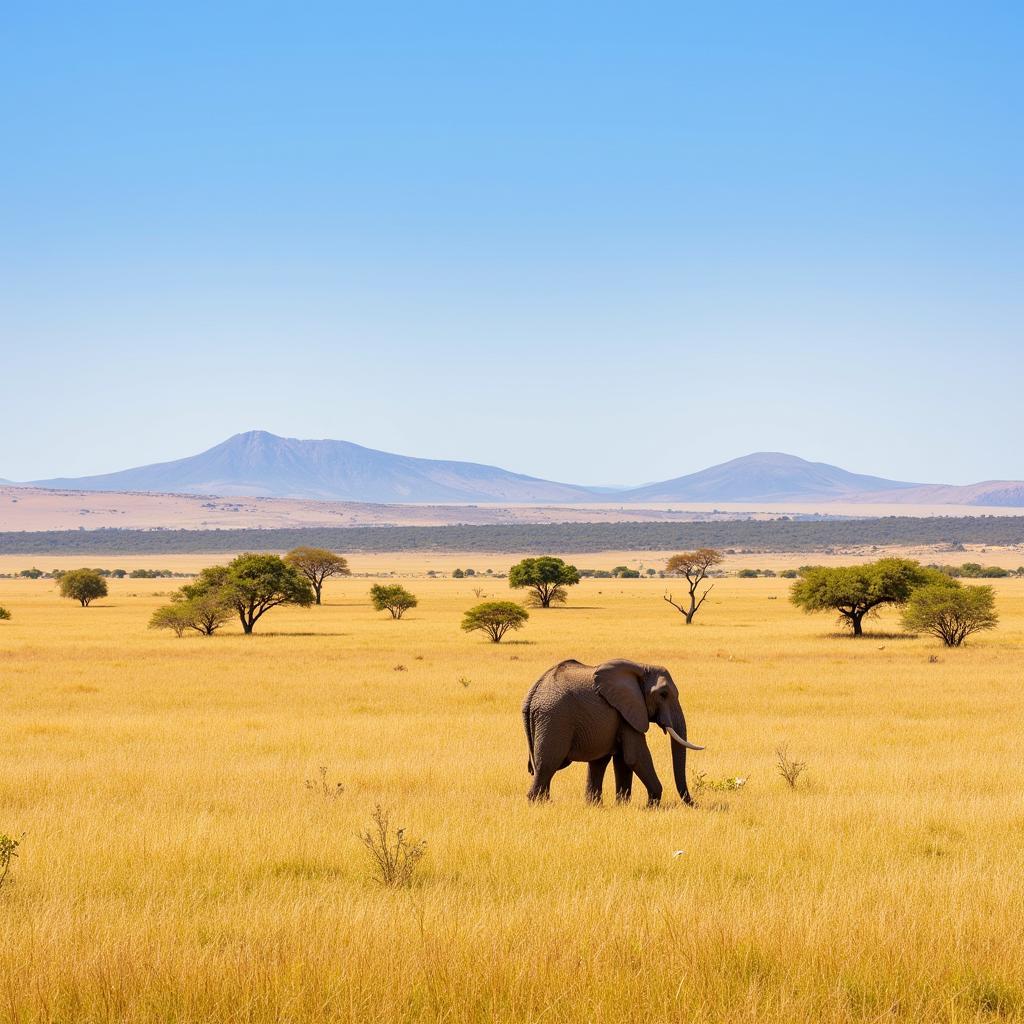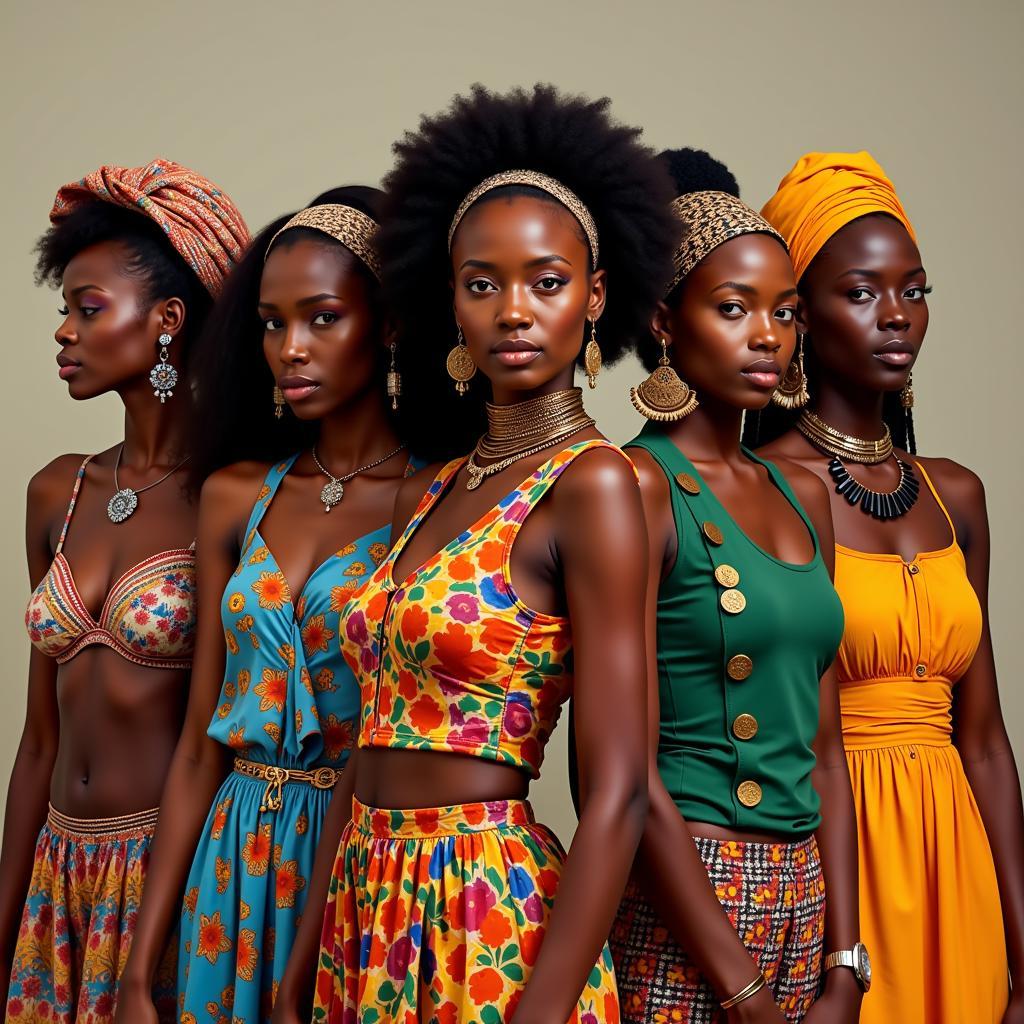African Cats: The Majestic Lion
The African cat lion, a symbol of power and royalty, reigns supreme in the African savanna. These magnificent creatures play a vital role in the ecosystem, shaping the landscape and influencing the lives of other animals. This article delves into the fascinating world of African lions, exploring their behavior, social structure, conservation challenges, and the cultural significance they hold across the continent. For more details on the differences between lion species, you can check out this resource on the asian lion vs african lion.
The King of the Jungle: Lion Behavior and Social Dynamics
African lions are highly social animals, living in prides that typically consist of related females, their cubs, and a coalition of males. These prides exhibit complex social dynamics, with females often cooperating in hunting and raising young. Males, on the other hand, defend the pride’s territory and protect the cubs from rival males. Their social structure is a crucial element of their survival, allowing for efficient hunting and defense against predators. Lions are apex predators, and their diet primarily consists of large herbivores such as zebras, wildebeests, and buffaloes. Their hunting strategies are often cooperative, with females working together to ambush and bring down their prey.
Threats to Lion Populations: Conservation Concerns
Despite their majestic presence, African lion populations are facing numerous threats. Habitat loss due to human encroachment, human-wildlife conflict, and trophy hunting have all contributed to the decline in lion numbers. Conservation efforts are crucial to ensuring the survival of these magnificent creatures. These efforts include protecting their natural habitats, mitigating human-wildlife conflict, and combating illegal hunting. The future of the African lion depends on the collective action of governments, conservation organizations, and local communities.
The Lion in African Culture: Symbolism and Mythology
Lions hold a significant place in African culture, appearing in myths, legends, and folklore across the continent. They are often seen as symbols of strength, courage, and royalty. In some cultures, lions are revered as guardians and protectors, while in others, they are associated with ancestral spirits. The lion’s image is widely used in art, music, and storytelling, reflecting its profound cultural significance.
Understanding Lion Behavior: Frequently Asked Questions
What is the average lifespan of an African lion? In the wild, African lions typically live for 10-14 years, while in captivity, they can live up to 20 years.
How large are lion prides? Lion prides can vary in size, ranging from a few individuals to over 30 lions.
Are lions nocturnal? While lions can be active at any time of day, they are primarily crepuscular, meaning they are most active during dawn and dusk.
What are the main threats to African lions? Habitat loss, human-wildlife conflict, and trophy hunting are the primary threats to African lion populations. You can find more information on African cats on african cat wikipedia. Interested in learning about the big spotted cat? Maybe african big cat with spots 7 letters can help.
Conclusion
The African cat lion remains a captivating and iconic species, playing a vital role in the African ecosystem and holding deep cultural significance across the continent. Understanding their behavior, social dynamics, and the threats they face is essential for their conservation. Continued efforts are needed to protect these majestic creatures and ensure their survival for generations to come. If you’re interested in a captivating documentary, you can find more information on how to download african cats 2011 documentry download or view it online at african cats 2011 imdb.
FAQ: More About African Lions
- How do lions communicate?
- What is the role of females in a lion pride?
- How do lions hunt?
- What are the conservation efforts being undertaken to protect lions?
- What is the cultural significance of lions in different African communities?
When you need assistance, please contact us at Phone Number: +255768904061, Email: kaka.mag@gmail.com Or visit us at: Mbarali DC Mawindi, Kangaga, Tanzania. We have a 24/7 customer service team.




